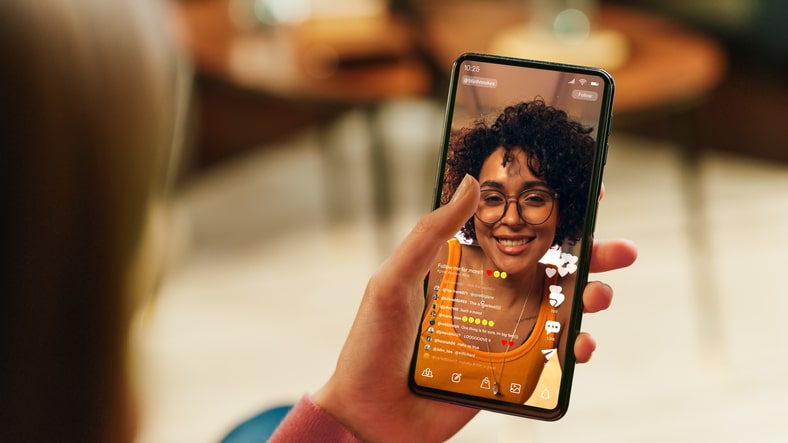You wouldn’t wish it on your worst enemy – Japan is not only reeling from the double disaster of last week’s earthquake and tsunami – it’s on the cusp of a third devastating catastrophe due to the potential nuclear meltdown emanating from the Fukushima power station.
And, despite Japan’s reputation as one of the world’s most developed nations, it’s still desperate for other countries to help the mammoth humanitarian relief operation. We hear on the news how aid is forthcoming from Government level, but what about us? How can we pledge our support?
News updates are available online 24/7 to keep us up to date with the latest events, whilst talking round the water cooler at work or over a pint allows us to share our concerns face-to-face. Social media platforms like Facebook and Twitter mean that not only can we relay our thoughts to peers instantly, we can also use these networks to share information and make donations via numerous charity pages and accounts.
The real time nature of these channels means messages of goodwill, and more importantly money, can be collected far quicker and transferred to the people who need it as soon as possible. So, if you make a donation via one of these platforms, how do you make sure you only respond to genuine pages?
Well, common sense is the best way to judge, although you can be pretty sure a site is kosher on the likes of Facebook if they have fans in their thousands rather than a few random ones. However, to be sure – and this applies to all channels – check that they all link to genuine charity websites, The Red Cross or Christian Aid, for example.
It would take someone pretty sick to take advantage of a situation so dire, but just ensure you’re careful before committing any money. After all, you need to be certain that your goodwill is channelled to the very people you want to help.




